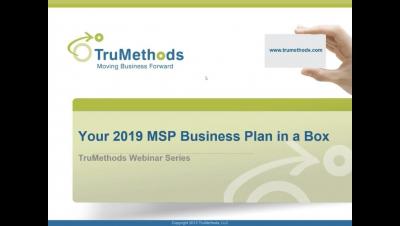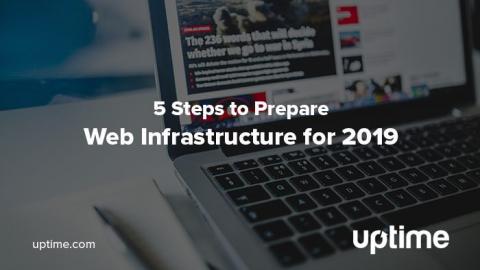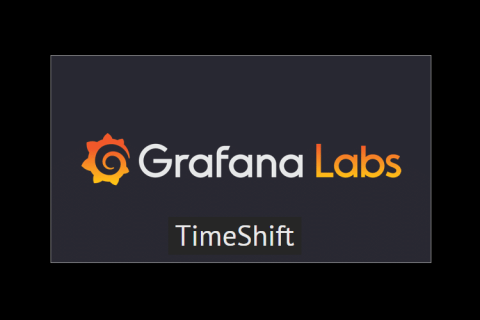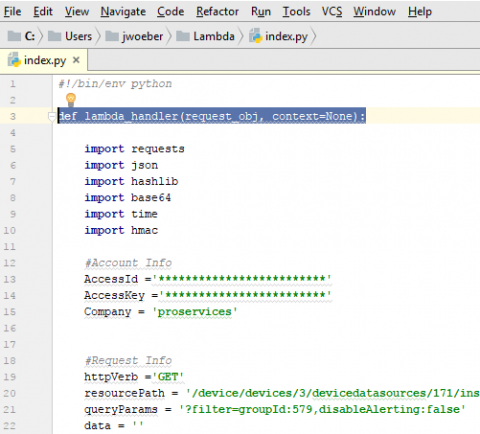Operations | Monitoring | ITSM | DevOps | Cloud
%term
Your 2019 MSP Business Plan in a Box
5 Tips to Avoid Deadlocks in Amazon RDS Part 1
Last week, I wrote A Beginner’s Guide to Deadlocks in Amazon RDS. This week, I’d like to lay out my 10 years of experience about how to avoid deadlocks altogether. Often times, this will be out of the hands of operations people, but you can still move for dev changes based on issues in production. The more knowledgeable you are about deadlocks in general, the more they will lean on you as a resource with wisdom, not a totalitarian barking rules.
RapidSpike Year Rundown
2018 has been an amazing year for RapidSpike, we have been super busy helping people deliver awesome website performance and we’ve built some amazing new features. Here’s this year’s rundown on our brilliant digital experience monitoring platform.
5 Steps to Prepare Your Web Infrastructure for 2019
At least 10 major data breaches occurred in 2018 including Facebook, Google Plus, WordPress, and healthcare sectors. The surge in breaches proves we need to do a better job detecting foul play. User data and our own IP are crucial assets to safeguard in this environment. We also observed major downtime incidents from companies like Facebook and Microsoft.
Channel 4 Uses Sumo Logic to Bring Seamless On-Demand TV Experiences to Europe
Get to Know Jira Ops and QA Combined
Dear admins: this one's for you
The end of the year is typically a time to reflect on what we’ve accomplished in the past twelve months and set goals for the new year. If you’re part of an IT team, you’ve probably accomplished a lot, from managing software upgrades to dealing with major incidents and service outages. But how many times this year have people in your company stopped to say thank you?
timeShift(GrafanaBuzz, 1w) Issue 73
As 2018 draws to a close, we’d like to thank all of our readers for their support and feedback. We look forward to returning in 2019 and sharing more articles about Grafana and the open source monitoring community.
Running LogicMonitor API Scripts in AWS Lambda
Sometimes it's necessary to run a maintenance API script in your LogicMonitor portal. For example, I move decommissioned devices into a specific folder because I no longer want to receive any alerts on these devices. An API script helps automate the process by running once a day to disable alerts on any new devices added to this folder.











